What is Acupuncture?
Acupuncture is a therapeutic technique from Traditional Chinese Medicine (TCM) that has been in use for over two millennia. It involves inserting thin needles into specific points on the body to regulate the flow of life energy, known as “Qi,” through pathways called “meridians.”
How Does Acupuncture Work?
Understanding acupuncture starts with recognizing that ailments are manifestations of blockages in the meridians or imbalances within the body. The human body strives to restore itself, but these blockages and imbalances can hinder recovery. Acupuncture, according to TCM principles, unblocks the flow of Qi and regulates the balance of Yin and Yang, allowing the body to heal over time.
Is Acupuncture Safe?
Acupuncture is among the safest medical interventions available today. Licensed Acupuncturists adhere to strict safety guidelines, including the Clean Needle Technique (CNT). Before needle insertion, treatment sites are sterilized with alcohol, and only new, disposable needles are used for each patient, eliminating the risk of cross-infection. Minor bruising or bleeding at the needle insertion site can occur but is generally temporary and negligible.
What to Expect Before, During & After Treatment
Before Treatment
Optimal results begin with a consultation. On your first visit, your licensed acupuncturist will review your medical history, surgical history, lifestyle, diet, and other pertinent information. A physical exam may be conducted, and traditional diagnostic methods, such as tongue and pulse assessment, will be utilized to establish a TCM diagnosis and formulate a treatment plan.
During Treatment
During acupuncture treatment, the licensed acupuncturist will use the Clean Needle Technique (CNT) to ensure patient safety. The procedure is generally relaxing with minimal pain, although you might experience sensations like tingling, itching, heaviness, numbness, or soreness, which are signs of Qi flow in response to needling. If any sensation is too intense, inform your Acupuncturist to adjust the intensity.
After Treatment
Post-treatment, you might feel immediate positive changes or experience some soreness or discomfort as part of the healing process. This discomfort results from breaking up obstructions in the meridians to restore free Qi and blood flow.
Follow-Up Treatments
Follow-up treatments are crucial to monitor progress and ensure continuous improvement. Generally, patients with moderate symptoms are advised to have 1-2 treatments per week, while those with severe symptoms might need 2-3 treatments per week. Mild symptoms might require treatments once a week or even once a month. The duration of the problem influences the treatment length: the longer a condition has persisted, the longer it will take to treat, so early intervention is beneficial.
Book Your Acupuncture Session Today!
Experience the numerous benefits of acupuncture and take the first step toward improved health and well-being. Contact us or schedule an appointment with our expert team at Santa Clara Acupuncture today!
For more information click below:
